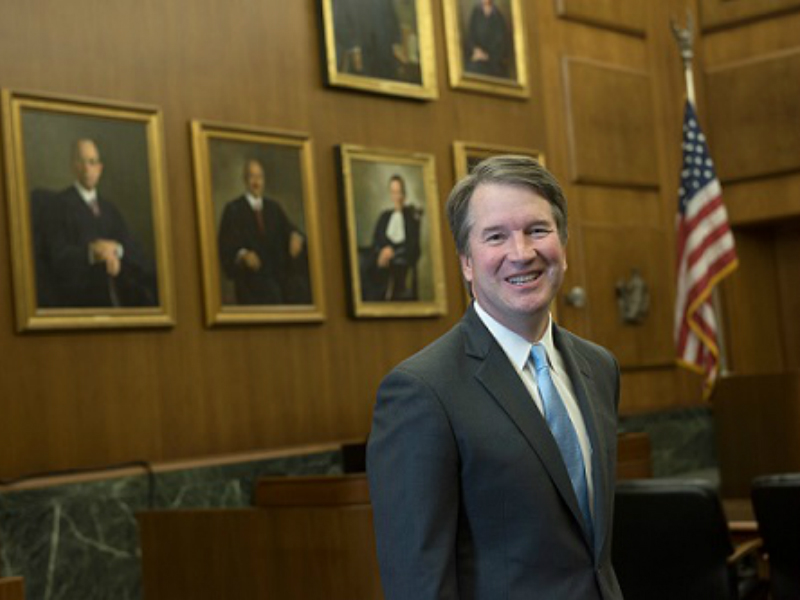When I first began teaching university, I noticed that one of my best students was becoming withdrawn. I wondered whether she missed home or was having difficulty adjusting to university life. As we left the classroom, I walked beside her and asked if everything was OK. She told me that over the summer, after graduating from high school, she had attended a party. A young man she barely knew had corralled her in a room and raped her. She did not tell her parents. But now, she explained, she learned that she was pregnant.
I’ve thought about her quite a bit recently. More women have become emboldened to make their stories public, making themselves vulnerable to criticism and scorn, in the hopes of holding the perpetrators accountable. She was the first student to confide such an episode to me. As terrible as her story was, I wish I could say she was the only one. Over the years, I have come to think of my young female students as precariously vulnerable. Only a few of them ever told their parents what happened. But each of them was affected profoundly, in ways that had an impact not only on their sexuality and relationships, but on their trust in the world more broadly.
I’ve known a very small number of men who were unjustly accused of such crimes, as well. But I know far more women who have a difficult story to tell. Most have not accused anyone, as they consider the price too high.
But this is not only a gender issue. Men have been victimized, too. And when the perpetrators are powerful, they close ranks and protect their own. One has only to look at revelations of abuse in the Catholic Church and in schools – including Jewish schools – where the complaints of young people, and sometimes their parents, have been pushed aside. Victimizers have slipped by, shifted from institution to institution, rather than being held accountable. A misplaced “compassion” for the victimizers, rather than for the victims, shields those in authority, instead of protecting those in their charge.
Sometimes the gender relationship is reversed. A pending lawsuit in New York that received some press coverage recently involves a former graduate student who contends that his doctoral advisor, an influential professor, sexually harassed and assaulted him, and threatened to jeopardize his career if he did not do as she asked. After it came out, the professor’s colleagues and associates rushed to support her. They penned a letter advising her university that it has much to lose by punishing a scholar of such brilliance. While admittedly not familiar with the details of the student’s complaint, they termed his accusations a malicious smear campaign.
The issue looms large these days – not only because the #MeToo sensibility has empowered some people to call victimizers to account. The angry displays at the recent confirmation hearings for U.S. Supreme Court nominee Brett Kavanaugh, and the charged comments of President Donald Trump, raise questions that tear at the very foundations of a just society.
READ: HOROWITZ: ADD WOMEN AND STIR THE POT
Jewish sources on guilt and responsibility regarding sexual assault are not always helpful. Our tradition took shape in a patriarchal culture. Norms of behaviour were different for men and women, with power resting largely in the hands of men. Halakhically, women cannot even be called as witnesses. Talmud scholar Judith Hauptmann has demonstrated that the rabbis of the Mishnah often tried to protect women in the context of a social structure that did not accord them equality.
But, as I said, it’s not only a matter of gender. It’s about power and the abuse of power. And here our sources speak clearly. The Book of Devarim (Deuteronomy) says it most succinctly: “You shall not be partial in judgment; hear out low and high alike. Fear no man, for judgment is God’s.”
